Feeding San Diego joins hunger-relief organizations across the U.S. in calling for much-needed financial support in HEALS Act
Last week, federal legislators introduced the HEALS Act, which leaves out crucial aid for federal nutrition programs, including the Supplemental Nutrition Assistance Program (SNAP) and Pandemic EBT. Feeding San Diego joins hunger-relief organizations across the country in calling for much-needed support for public assistance programs that help end hunger, as well as funding to support the increased capacity of food banks nationwide. While the bill is a starting point for negotiations, it is critical to draw attention to the lack of funding to help people in need.
“Feeding San Diego and food banks across the U.S. are working tirelessly to meet the unprecedented need for food assistance during the COVID-19 pandemic,” said Dan Shea, Interim CEO of Feeding San Diego. “Without additional resources for federal nutrition programs, it will be difficult for hunger-relief organizations to meet the basic needs of people struggling with unemployment and the economic impact of the crisis. The HEALS Act needs to address hunger and provide financial support to the hundreds of food banks providing emergency assistance throughout the country.”
SNAP and Pandemic EBT are two critical programs that are not included in the HEALS Act. While Feeding San Diego provides more than 26 million meals to the community every year, and the Feeding America network provided more than 4 billion meals across the country, there is a significant meal gap between what is provided and what is needed. For every meal the entire Feeding America network provides, SNAP provides nine. SNAP is an efficient and cost-effective way to help meet that need and stimulates local economic activity. During the last recession, for every dollar spent on the SNAP program, $1.70 was generated in the economy. SNAP, known as CalFresh in California, is an important economic boost for San Diego County.
The HEALS Act also does not include Pandemic EBT, a program that allows states to provide assistance for groceries on an EBT card to participants in free and reduced-price lunch programs when schools are closed. In San Diego and throughout the country, millions of children are at home and unable to receive the nutritious meals they rely upon through this program.
In addition, the HEALS Act does not include the necessary capacity support that will allow hunger-relief organizations, including Feeding San Diego, to continue to meet the demand for food assistance. During the pandemic, people attending food distributions are often waiting in their cars for an hour or more to get food. Without critical investments, hunger-relief organizations will not be able to serve millions of families nationwide and address the meal gap in local communities.
Feeding America estimates that an additional 17.1 million people could be food insecure in 2020 as a result of the pandemic, totaling 54.3 million people struggling with hunger – including 18 million children. Feeding San Diego and other community resources cannot meet the need alone. Charity, businesses, and the government must work together to ensure that families in this country – many of whom are facing hunger for the first time due to this pandemic – are not forced to choose between putting food on the table or a roof over their head.
Feeding San Diego stands ready to work with Senator Kamala Harris and Senator Dianne Feinstein to ensure that a final stimulus bill includes a boost to SNAP benefits and other improvements that will help millions of people facing hunger.








